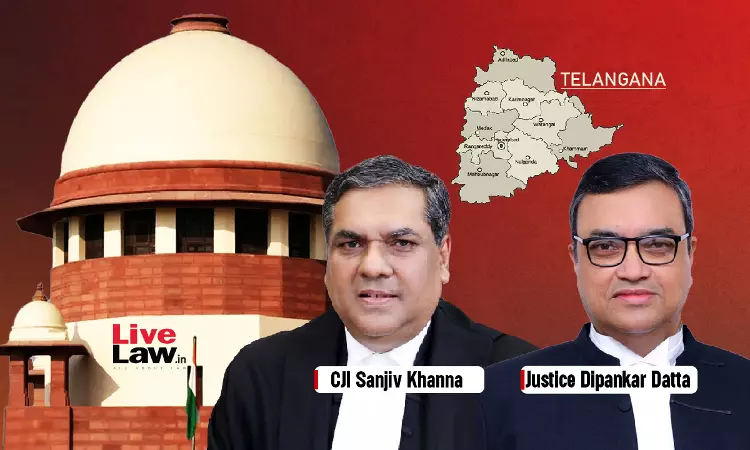'Preferential Allotment To A Few Elites Promotes Inequality': Supreme Court Quashes Land Allotment For MPs, MLAs, Judges Etc In Hyderabad
LIVELAW NEWS NETWORK
25 Nov 2024 6:57 PM IST

Preferential treatment conveys the message that some individuals are entitled to more based on their status, the Court said.
Next Story


